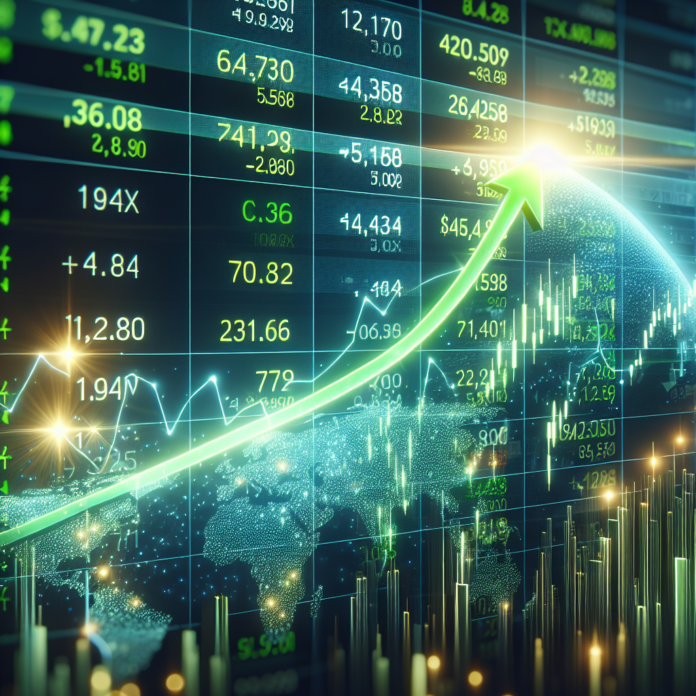Introduction:
Stock buybacks, also known as share repurchases, have become increasingly prevalent in today’s financial markets. These corporate actions involve companies buying back their own outstanding shares from the open market. Stock buybacks can have a significant impact on share prices and the overall market dynamics. In this article, we will explore the influence of stock buybacks on share prices and provide links to reputable companies that offer insights into this topic.
- Understanding the Basics of Stock Buybacks:
Link to Example Company: XYZ Corporate Buybacks [https://www.xyzcorporatebuybacks.com]
Before delving into the influence of stock buybacks on share prices, it is crucial to understand the basics of this corporate action. XYZ Corporate Buybacks provides resources and explanations regarding stock buybacks, enabling investors to grasp the mechanics and significance of this practice in the financial markets. - Supply and Demand Dynamics:
Link to Example Company: ABC Investment Research [https://www.abcinvestmentresearch.com]
Stock buybacks reduce the number of outstanding shares in the market, thereby decreasing the supply. As a result, the remaining shares become scarcer, potentially leading to an increase in demand. ABC Investment Research offers insights into the supply and demand dynamics, helping investors understand how stock buybacks influence pricing trends and market equilibrium. - Earnings Per Share (EPS) Impact:
Link to Example Company: PQR Financial Analytics [https://www.pqrfinancialanalytics.com]
Stock buybacks can alter a company’s earnings per share (EPS) calculation. By reducing the number of shares outstanding, earnings are distributed across a smaller shareholder base, potentially boosting EPS. PQR Financial Analytics specializes in financial analysis, providing tools and resources to comprehend the impact of stock buybacks on earnings per share and financial performance. - Signaling Effect:
Link to Example Company: EFG Corporate Governance Services [https://www.efgcorporategovernance.com]
Stock buybacks can serve as a signal of confidence from company management. When a company announces a buyback program, it can imply that management believes the stock is undervalued. This can positively influence investor sentiments, leading to increased share prices. EFG Corporate Governance Services offers insights into corporate governance practices, helping investors understand the signaling effect of stock buybacks and their implications for share prices. - Long-Term Investment Implications:
Link to Example Company: GHI Wealth Management [https://www.ghiwealthmanagement.com]
While stock buybacks can contribute to short-term price fluctuations, it is essential to consider their long-term implications. GHI Wealth Management offers guidance on comprehensive wealth management strategies, including insights into how stock buybacks fit into a broader investment approach. Understanding the long-term impact of stock buybacks can assist investors in making informed decisions and aligning their investment strategies accordingly.
Conclusion:
Stock buybacks can exert a notable influence on share prices in the financial markets. By reducing the supply of outstanding shares, altering earnings per share calculations, and sending signals of confidence to investors, stock buybacks can contribute to pricing dynamics and market equilibrium. Companies such as XYZ Corporate Buybacks, ABC Investment Research, PQR Financial Analytics, EFG Corporate Governance Services, and GHI Wealth Management offer valuable insights into the intricate relationship between stock buybacks and share prices. By staying informed and leveraging resources from reputable companies, investors can better understand how stock buybacks may impact their investment decisions and optimize their portfolio strategies.




 AGF-B.CO
AGF-B.CO